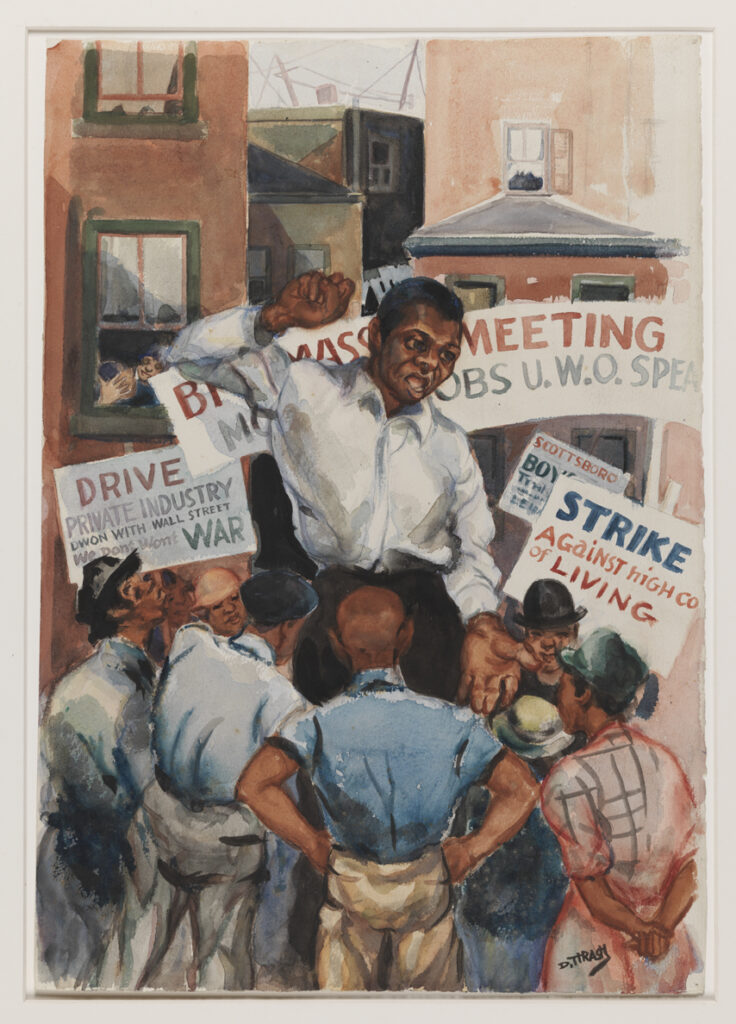
Opinion

More work would do a lot to recalibrate fashion’s history; making it more inclusive and representative, but also to help...
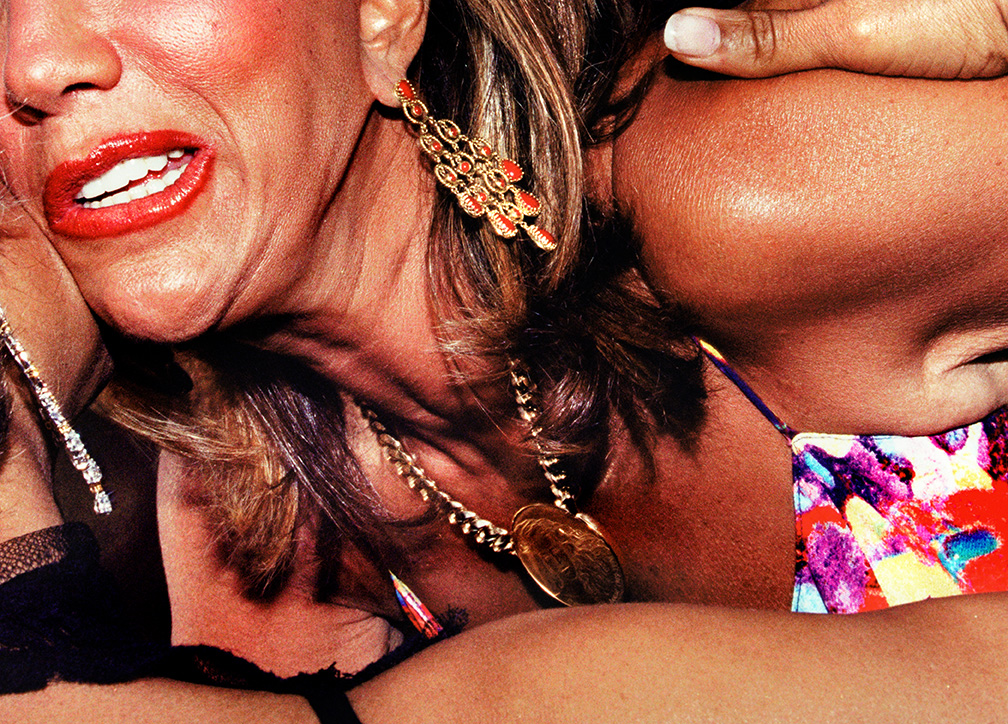
The Fashionable Woman
Dress, dissipation and flirting make up the questionable lines which enclose the life of the fashionable woman, and which enclose...

meet me by the tir chonaill square, i have something special for you
I was quite pleased when we got married, but my boyfriend didn’t seem so enthused. Perhaps it was because he...
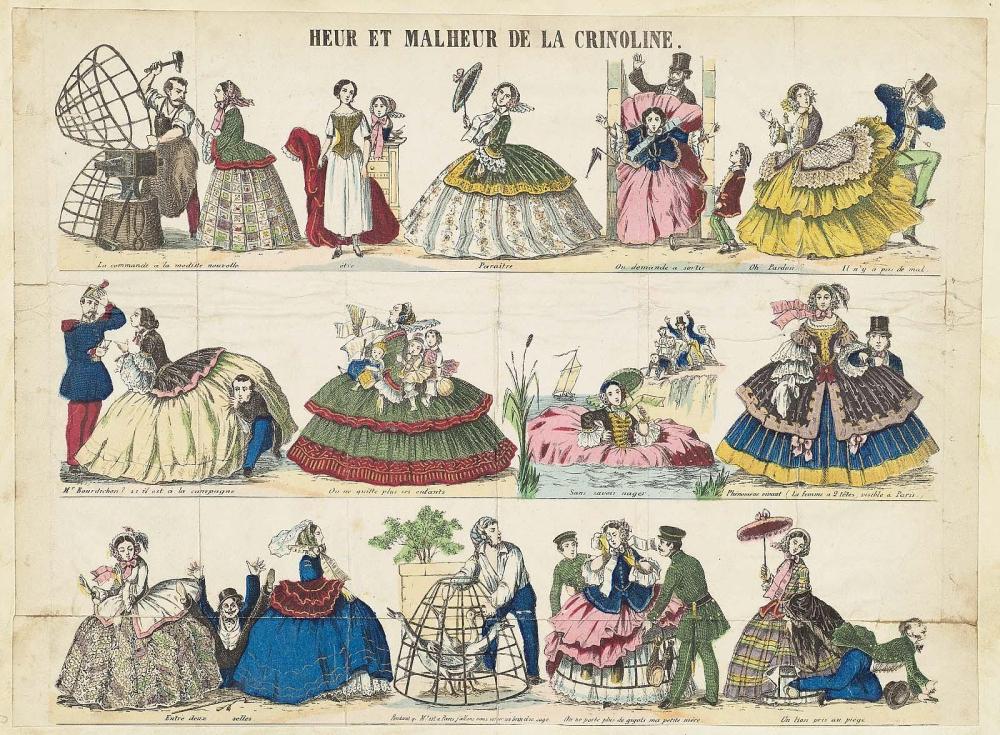
The Philosophy of Dress
I have been sometimes accused of setting too high an importance on dress. To this I answer that dress in...
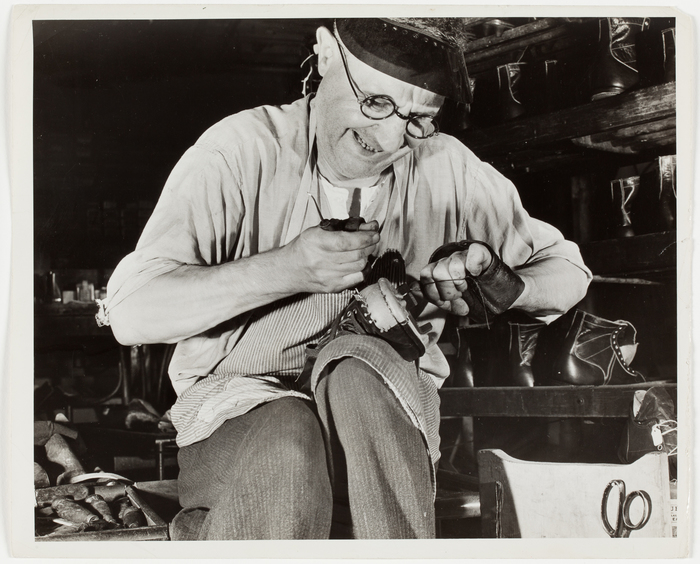
Mending at the Margins
Repair in My London Neighbourhood
What Adil was saying is that everyone wants an office-based job. His comment made me think about the contemporary office...

‘Elevate the human race, putting makeup on my face’
In the age of advanced digital technology, perhaps it is fair to question whether human toil remains the essential component...
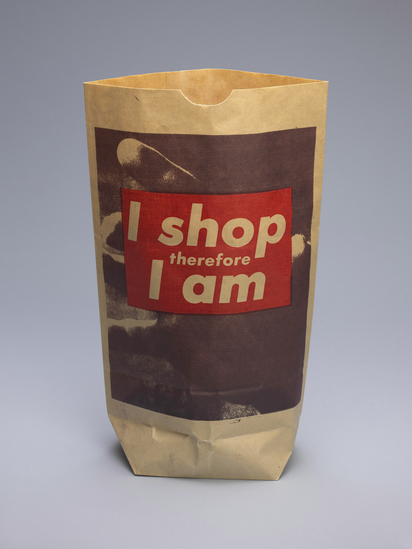
MAKE IT TILL YOU FAKE IT
The meaning of luxury has collapsed not only to outsiders but from within as well. In order to tap into...

Joan Didion Wrote How She Dressed
Fashion was an area of play and analysis throughout Joan Didion’s career as a writer. In the relationship between character...
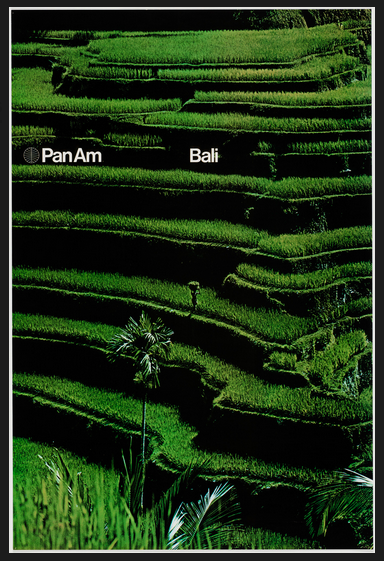
Humanistic Luxury: Falling Short of Change
Humanistic Luxury brands justify their higher luxury margins by the value they bring to artisan communities by engaging them in...
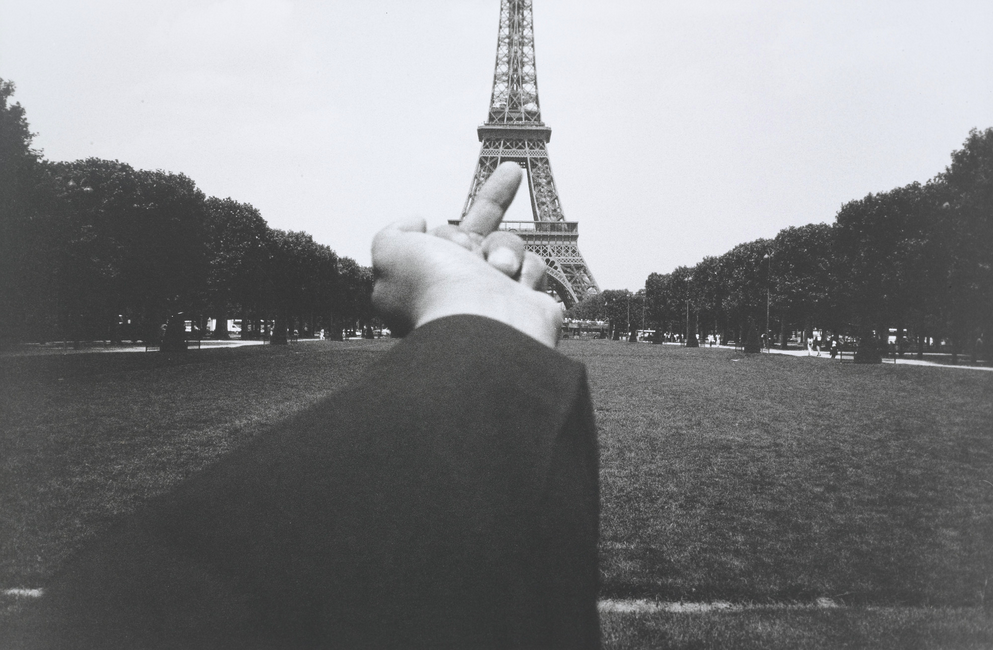
(The Cruelty of) Happy Narratives
In lifestyle and fashion magazines, celebrity profiles tend to unfold as stories about successful overcoming of difficulties. Magazines present fame...
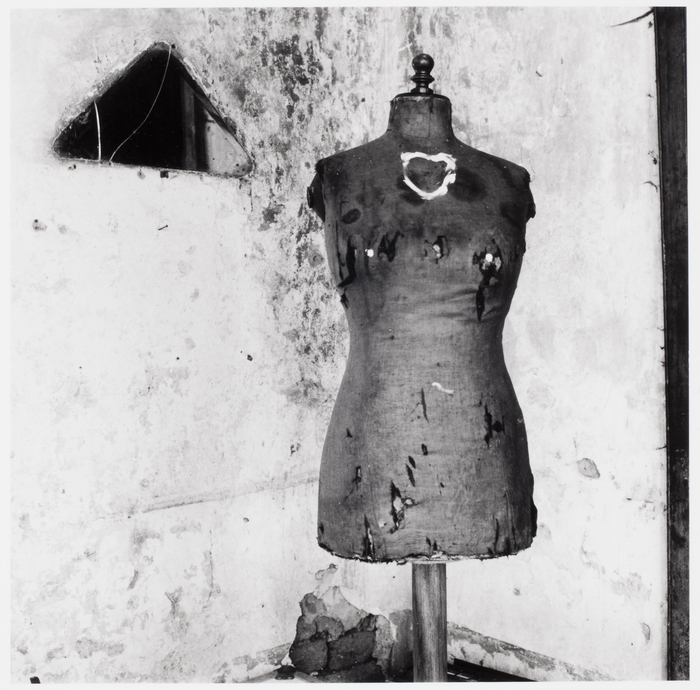
Splendour and Subversion
The intersections between fashion and politics in Colombia
Fashion is a polysemic category. When it comes to thinking about it critically, there’s one aspect I particularly like: the...
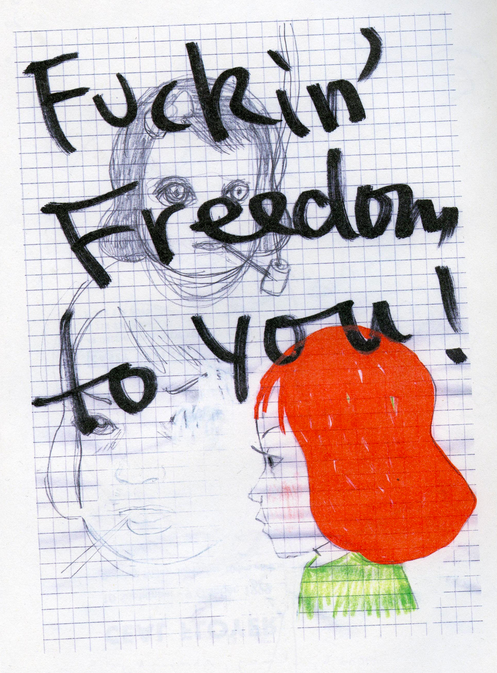
Freedom!
‘Freedom’ is a word that is shamelessly overused in fashion media and fashion marketing. The term is a staple of...